#agriculturer
Text

Michael G. Strain (R-LA)
Agriculturer
You know what I like…
After an afternoon of fucking, a hot chub like Mike cooking us dinner.
And the only thing that'll make that better is he's cooking naked.
#micheal g. strain#mike strain#handsome daddy#pilf#silverfox#husky daddy#daddy#celebrities#chubby daddy#american politician#casual dress#republican#agriculturer
98 notes
·
View notes
Text
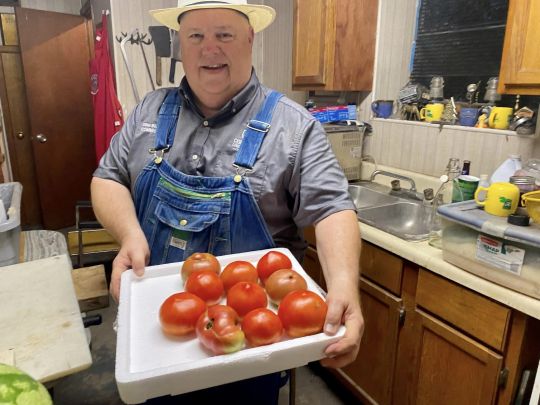


Michael G. Strain (R-LA)
Agriculturer
14 notes
·
View notes
Text

125K notes
·
View notes
Text
dear mojang
add more crops in minecraft im begging you im on my hands and knees give us tomatoes give us onions give us strawberries give us peppers
add more food recipes please give us sandwiches give us more pastries give us pudding or some shit
sincerely, the farmer of every minecraft server
#'just play it modded-' NO I WANT IT IN THE ACTUAL GAME#I WANT MORE FARMING I WANT MROE FOOD#I DONT WANT MORE MOBS OR MINERALS OR PLANTS I WANT CROPS I WANT RECIPES#we need an agriculture update i would go crazy over that#mojang please#please#miles rambles#minecraft
19K notes
·
View notes
Text
I will write this thought about Veganism and Classism in the USA in another post so as to not derail the other thread:
There are comments in the notes that say meat is only cheaper than plant based foods because of subsidies artificially lowering the price of meat in the United States. This is...part of the story but not all of it.
For my animal agriculture lab we went to a butcher shop and watched the butcher cut up a pig into various cuts of meat. I have had to study quite a bit about the meat industry in that class. This has been the first time I fully realized how strongly the meat on a single animal is divided up by socioeconomic class.
Like yes, meat cumulatively takes more natural resources to create and thus should be more expensive, but once that animal is cut apart, it is divided up between rich and poor based on how good to eat the parts are. I was really shocked at watching this process and seeing just how clean and crisp an indicator of class this is.
Specifically, the types of meat I'm most familiar with are traditionally "waste" parts left over once the desirable parts are gone. For example, beef brisket is the dangly, floppy bit on the front of a cow's neck. Pork spareribs are the part of the ribcage that's barely got anything on it.
And that stuff is a tier above the "meat" that is most of what poor people eat: sausage, hot dogs, bologna, other heavily processed meat products that are essentially made up of all the scraps from the carcass that can't go into the "cuts" of meat. Where my mom comes from in North Carolina, you can buy "livermush" which is a processed meat product made up of a mixture of liver and a bunch of random body parts ground up and congealed together. There's also "head cheese" (made of parts of the pig's head) and pickled pigs' feet and chitlin's (that's made of intestines iirc) and cracklin's (basically crispy fried pig skin) and probably a bunch of stuff i'm forgetting. A lot of traditional Southern cooking uses basically scraps of animal ingredients to stretch across multiple meals, like putting pork fat in beans or saving bacon grease for gravy or the like.
So another dysfunctional thing about our food system, is that instead of people of each socioeconomic class eating a certain number of animals, every individual animal is basically divided up along class lines, with the poorest people eating the scraps no one else will eat (oftentimes heavily processed in a way that makes it incredibly unhealthy).
Even the 70% lean ground beef is made by injecting extra leftover fat back into the ground-up meat because the extra fat is undesirable on the "better" cuts. (Gross!)
I've made, or eaten, many a recipe where the only thing that makes it non-vegan is the chicken broth. Chicken broth, just leftover chicken bones and cartilage rendered and boiled down in water? How much is that "driving demand" for meat, when it's basically a byproduct?
That class really made me twist my brain around about the idea of abstaining from animal products as a way to deprive the industry of profits. Nobody eats "X number of cows, pigs, chickens in a lifetime" because depending on the socioeconomic class, they're eating different parts of the animal, splitting it with someone richer or poorer than they are. If a bunch of people who only ate processed meats anyway abstained, that wouldn't equal "saving" X number of animals, it would just mean the scraps and byproducts from a bunch of people's steaks or pork chops would have something different happen to them.
The other major relevant conclusion I got from that class, was that animal agriculture is so dominant because of monoculture. People think it's animal agriculture vs. plant agriculture (or plants used for human consumption vs. using them to feed livestock), but from capitalism's point of view, feeding animals corn is just another way to use corn to generate profits.
People think we could feed the world by using the grain fed to animals to feed humans, but...the grain fed to animals, is not actually a viable diet for the human population, because it's literally just corn and soybean. Like animal agriculture is used to give some semblance of variety to the consumer's diet in a system that is almost totally dominated by like 3 monocrops.
Do y'all have any idea how much of the American diet is just corn?!?! Corn starch, corn syrup, corn this, corn that, processed into the appearance of variety. And chickens and pigs are just another way to process corn. That's basically why we have them, because they can eat our corn. It's a total disaster.
And it's even worse because almost all the USA's plant foods that aren't the giant industrial monocrops maintained by pesticides and machines, are harvested and cared for by undocumented migrant workers that get abused and mistreated and can't say anything because their boss will tattle on them to ICE.
8K notes
·
View notes
Text
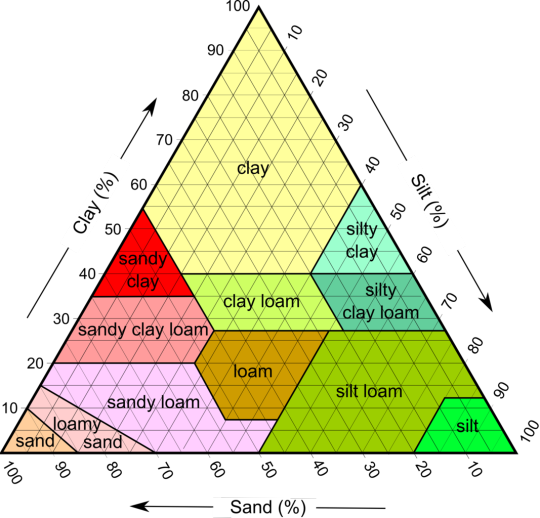
#i just kinda want to see what happens#kets kerfuffle#soil#dirt#farming#geology#agriculture#rocks#science
28K notes
·
View notes
Text
Legit though, we should start turning ecosystem restoration and work to make our world more tolerant to the effects of climate change into annual holidays and festivals
Like how just about every culture used to have festivals to celebrate the beginning of the harvest or its end, or the beginning of planting, or how whole communities used to host barn raisings and quilting bees - everyone coming together at once to turn the work of months or years into the work of a few days
Humble suggestions for festival types:
Goat festival
Besides controlled burns (which you can't do if there's too much dead brush), the fastest, most effective, and most cost-efficient way to clear brush before fire season - esp really heavy dead brush - is to just. Put a bunch of goats on your land for a few days!
Remember that Shark Tank competitor who wanted to start a goat rental company, and everyone was like wtf? There was even a whole John Oliver bit making fun of the idea? Well THAT JUST PROVES THEY'RE FROM NICE WET PLACES, because goat rental companies are totally a thing, and they're great.
So like. Why don't we have a weekend where everyone with goats just takes those goats to the nearest land that needs a ton of clearing? Public officials could put up maps of where on public lands grazing is needed, and where it definitely shouldn't happen. Farmers and people/groups with a lot of acres that need clearing can post Goat Requests.
Little kids can make goat-themed crafts and give the goats lots of pets or treats at the end of the day for doing such a good job. Volunteers can help wrangle things so goats don't get where they're not supposed to (and everyone fences off land nowadays anyway, mostly). And the goats, of course, would be in fucking banquet paradise.
Planting Festival and Harvest Festival
Why mess with success??? Bring these back where they've disappeared!!! Time to swarm the community gardens and help everyone near you with a farm make sure that all of their seeds are sown and none of the food goes to waste in the fields, decaying and unpicked.
And then set up distribution parts of the festival so all the extra food gets where it needs to be! Boxes of free lemons in front of your house because you have 80 goddamned lemons are great, but you know what else would be great? An organized effort to take that shit to food pantries (which SUPER rarely get fresh produce, because they can't hold anything perishable for long at all) and community/farmer's markets
Rain Capture Festival
The "water year" - how we track annual rainfall and precipitation - is offset from the regular calendar year because, like, that's just when water cycles through the ecosystems (e.g. meltwater). At least in the US, the water year is October 1st through September 30th of the next year, because October 1st is around when all the snowmelt from last year is gone, and a new cycle is starting as rain begins to fall again in earnest.
So why don't we all have a big barn raising equivalent every September to build rain capture infrastructure?
Team up with some neighbors to turn one of those little grass strips on the sidewalk into a rain-garden with fall-planting plants. Go down to your local church and help them install some gutters and rain barrels. Help deculvert rivers so they run through the dirt again, and make sure all the storm drains in your neighborhood are nice and clear.
Even better, all of this - ESPECIALLY the rain gardens - will also help a ton with flood control!
I'm so serious about how cool this could be, yall.
And people who can't or don't want to do physical stuff for any of these festivals could volunteer to watch children or cook food for the festival or whatever else might need to be done!
Parties afterward to celebrate all the good work done! Community building and direct local improvements to help protect ourselves from climate change!
The possibilities are literally endless, so not to sound like an influencer or some shit, but please DO comment or reply or put it in the notes if you have thoughts, esp on other things we could hold festivals like this for.
Canning festivals. "Dig your elderly neighbors out of the snow" festivals. Endangered species nesting count festival. Plant fruit trees on public land and parks festival. All of the things that I don't know anywhere near enough to think of. Especially in more niche or extreme ecosystems, there are so many possibilities that could do a lot of good
#climate change#climate action#climate crisis#climate hope#solarpunk#hopepunk#hope posting#community building#ecosystem#ecosystem restoration#forest fire#fire prevention#flood#flood prevention#harvest#harvest festival#regenerative agriculture#modern farming#water conservation#meteorology#festival#not news#hope#climate optimism
3K notes
·
View notes
Text

Turnips grown in moulds.
#gardening#creative agriculture#looks at my mannequin#looks at pack of pumpkin seeds#goblincore#forestcore#goblim#goblin#goblin aesthetic#cottagecore#mosscore
6K notes
·
View notes
Text

2K notes
·
View notes
Text
I think it's so adorable that early humans took wild gourds - a tiny fruit that hollows out as it dries, making it float - and decided to make something out of it
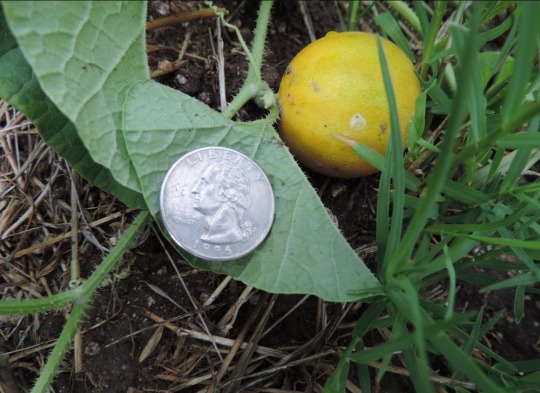
they thought the tiny fruit was so good that they bred it for thousands of years, making it larger to form into bowls and cups, and different shapes to become bottles and spoons
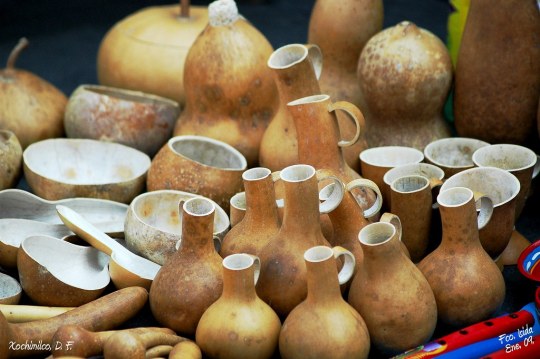
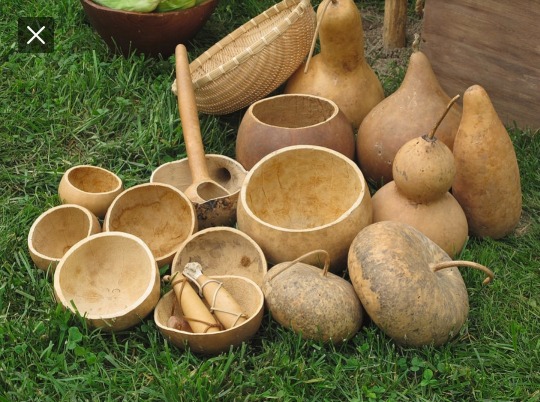
and musical instruments
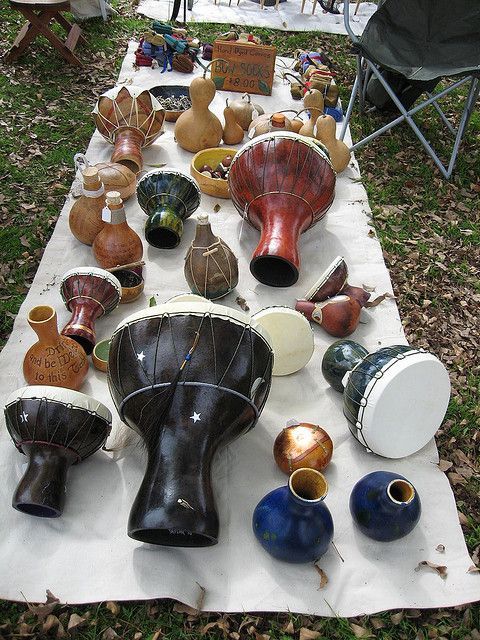

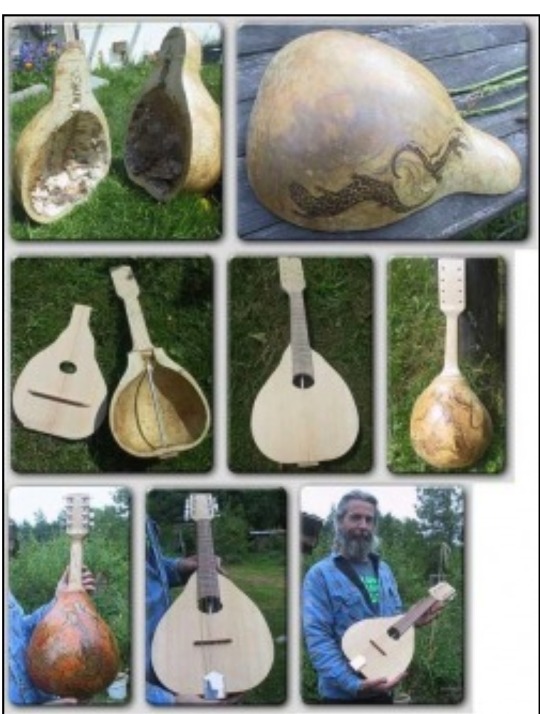
And then, people took the hollow gourds they farmed, and they turned them into houses for birds. We adapted them into the perfect houses for birds, and now there are specific breeds of birdhouse gourd just for making into birdhouses
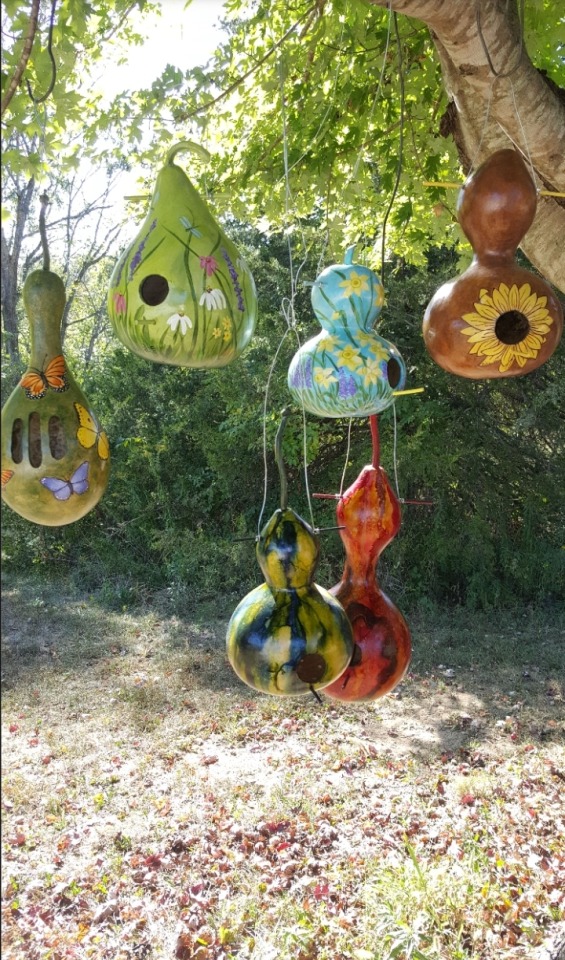
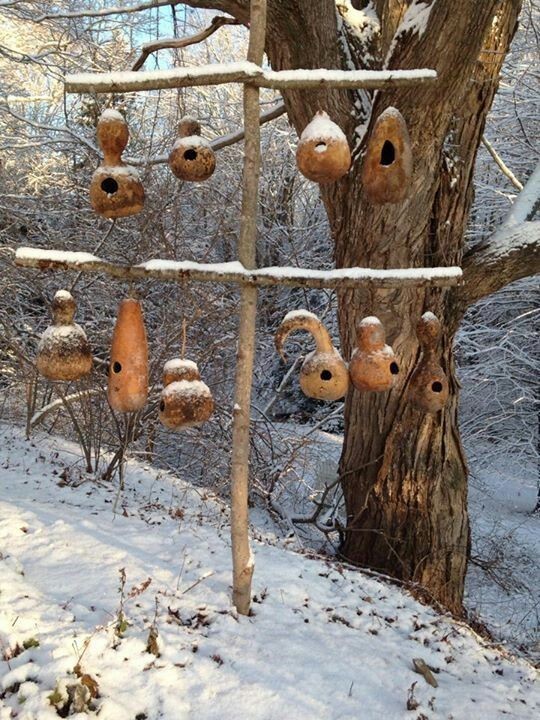
And humans dedicated gardening space and time and thousands of years of breeding to make the gourds so absolutely perfect for birds, that there is a species of bird that lives almost exclusively in them
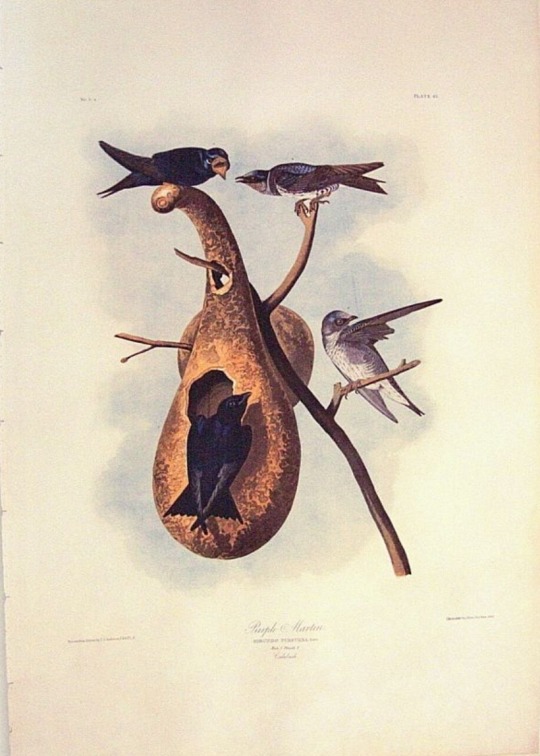
#yes I KNOW i posted about this the other day but *crying* i just love plant domestication and the history of agriculture#and humanity's positive affect on the ecosystems we live in#mine#image IDs in alt text#hmm. I'm gonna tag this#permaculture#just to pspsps @ that community to look at how cool gourds are please everyone grow birdhouse gourds and give cavity nesters places to live#i don't think mine will become fully ripe before i get my first frost :( next year i need to start gourds indoors#i didn't want to grow them before because i didn't have much garden space but now i do and i need to grow all of them#i might be. a little obsessed with gourds. but also i saw a pair of purple martins flying by the road last year#and i had never seen one before then! and i need to see more of them#i have a few hundred barn swallows but i need more birds flying around my house. more!!#and also i have a ton of invasive cavity nesting species around here. house sparrows and starlings.#gotta make up for those things competing with native birds for nest dites#*sites#the invasive birds very often win :/#that's why they're invasive#i really do need to start trapping them....
31K notes
·
View notes
Text

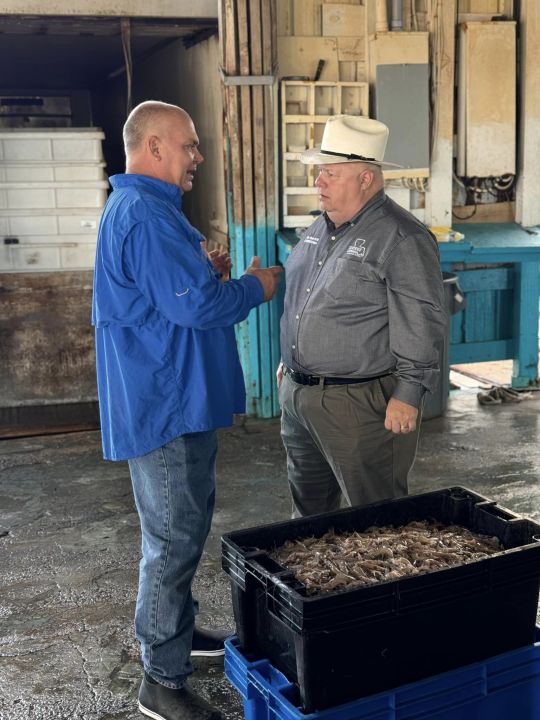
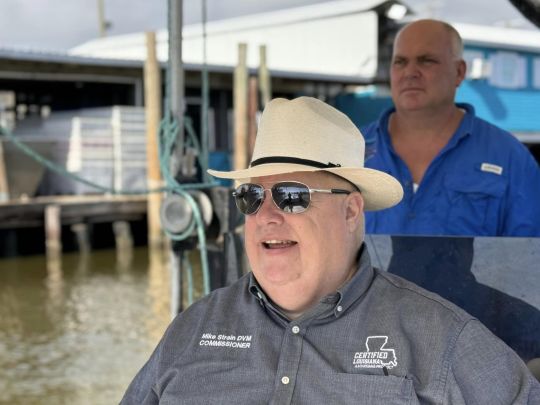

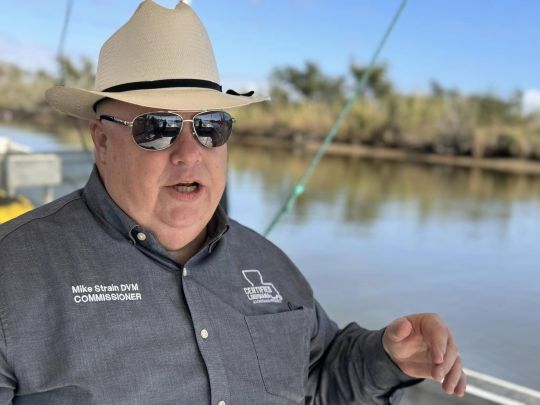

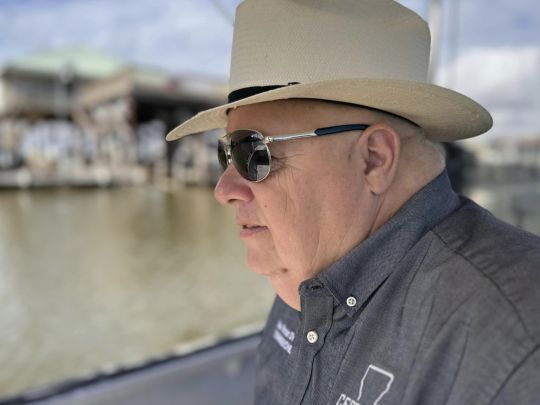
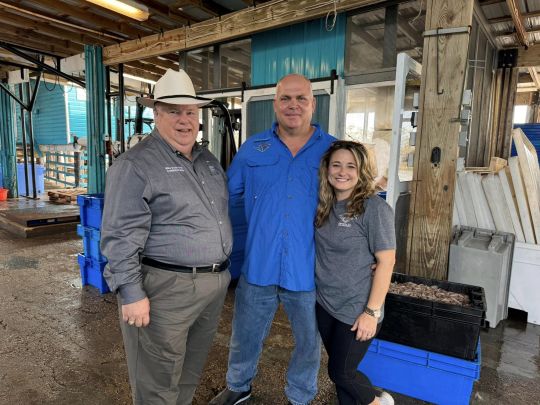
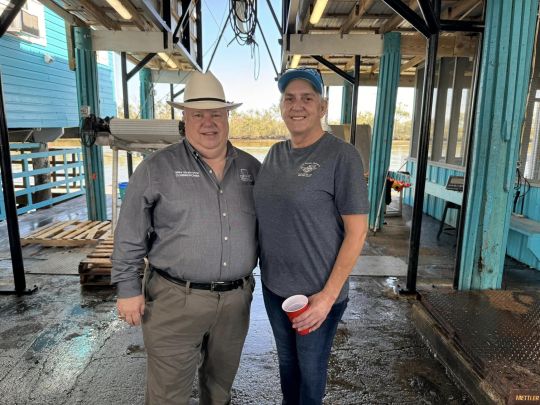


Michael G. Strain (R-LA)
Agriculturer
Damn... Mike is the type of guy that gets my blood pumping.
Too my penis.
#michael g. strain#mike strain#handsome daddy#husky daddy#chubby daddy#daddy#pilf#silverfox#celebrities#politician#casual dress#hats#agriculturer#american politician
166 notes
·
View notes
Text
Méthode de nouage de corde utilisé en agriculture afin d'éviter toutes blessures aux végétaux
1K notes
·
View notes
Text

Source
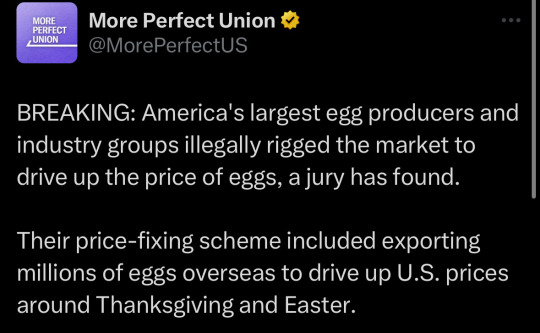
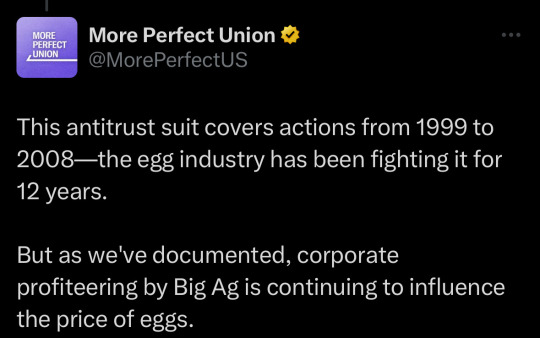


Source
1K notes
·
View notes
Text
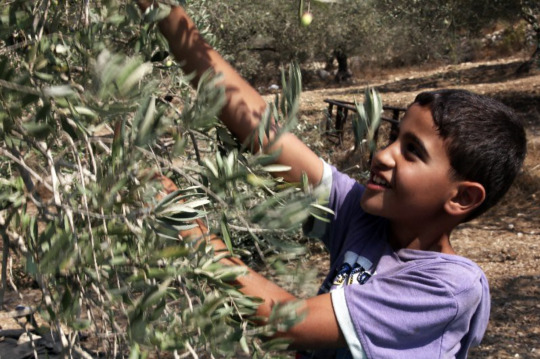
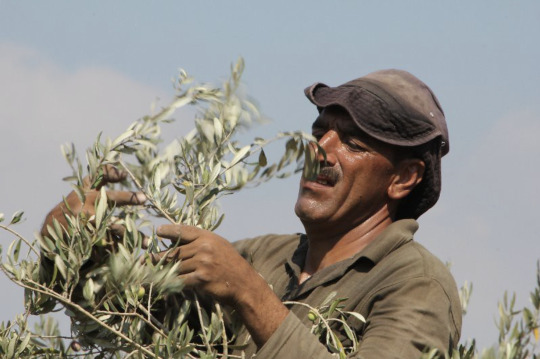
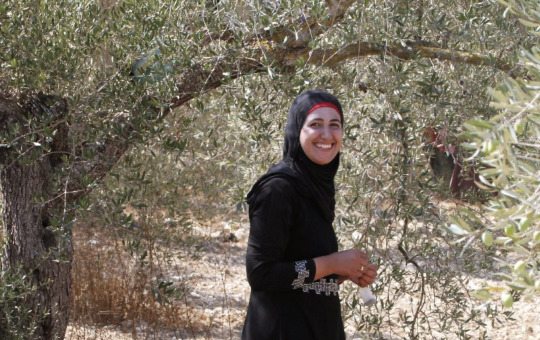
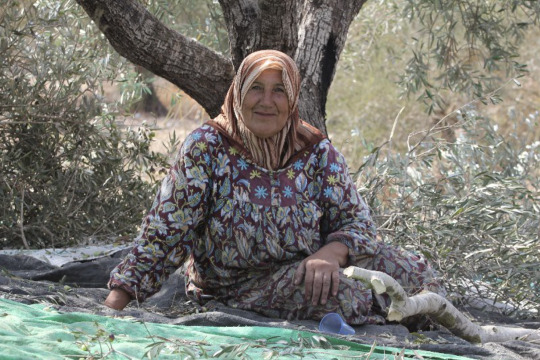
palestine, 2012
#free palestine#palestine#olive harvest#olive groves#trees#agriculture#pruning#flickr#oldweb#old web#2012
955 notes
·
View notes
Text
Researching herbicide resistance in weeds.
A decade ago, everyone said rotating applications of different herbicides was key to stopping herbicide resistance.
Then, around 2015, evidence from a large study emerged saying that this actually causes weeds to be MORE resistant, so the best thing to do is to spray a combination of multiple herbicides mixed together at once.
Now that is being called into question too. Whoda thunk it...
Herbicide resistance among weeds is only getting stronger. Recently, scientists found an annual bluegrass (Poa annua) on a golf course that was resistant to seven herbicide modes of action at once. Seven. SEVEN. Amaranth plants been found with resistance to six herbicide modes of action at once. Twenty years ago, the narrative was that resistance to glyphosate (Roundup) was unlikely to become widespread; today it's the second-most common type of resistance.
What's more, plants are developing types of herbicide resistance that are effective against multiple herbicides at once and harder to detect. Instead of changing the chemical processes within them that are affected by the herbicides so the herbicides don't work as well, they're changing the way they absorb chemicals in the first place. Resistant plants are producing enzymes that detoxify the herbicides before they even enter the plants' cells.
It took Monsanto ten years to develop crop varieties resistant to Dicamba (after weeds made 'Roundup Ready' crops pointless). Palmer amaranth evolved Dicamba resistance in five years.
So I asked, "Why are all the proposed solutions dependent on using more herbicides, when we know damn well that this is going to do nothing but make the weeds evolve faster?"
The answer is that chemical companies have the world in a death grip. They can't make money off non-chemical solutions, so chemical solutions get all the funding, research, and outreach to farmers.
But why do chemical companies have so much power?
One of the biggest reasons is the U.S. military.
In the Vietnam war, all of Vietnam was sprayed with toxic herbicides like Agent Orange, which was incredibly toxic to humans and affected the Vietnamese population with horrible illnesses and birth defects. Monsanto, the company that made the herbicides, knew that it did this, but didn't tell anyone. The US government didn't admit that they'd poisoned humans on a mass scale until Vietnam veterans started dying and coming down with horrible illnesses, and even then, it took them 40 years. (My Papaw died at 60 because of that stuff.) And the soldiers weren't there for very long. As for the Vietnamese people, the soil and water where they live is contaminated.
Similarly, during the "war on drugs," the US military sprayed Roundup and other chemicals on fields to destroy coca plants and other plants used in the manufacturing of drugs. This killed a lot of crops that farmers needed to live, and caused major health problems in places such as Columbia. The US government said that people getting sick were lying and that Roundup was just as safe as table salt. (A statement that did not age well.)
So chemical companies make money off arming the USA military. The American lawn care industry, and the agricultural system, therefore originates in more than one way from the United States's war-mongering.
The other major way is described in this article (which I highly recommend), which describes how after WW2, chemical plants used for manufacturing explosives were changed into fertilizer producing plants, but chemical companies couldn't market all that fertilizer to farmers, so they invented the lawn care industry. No exaggeration, that's literally what happened.
This really changes my perspective on all the writings about fixing the agricultural system. The resources are biased towards the use of chemicals in agriculture because the companies are so powerful as to make outreach and research for non-chemical methods of agriculture really hard to fund. All the funding is in finding new ways to spray chemicals or spraying slightly different chemicals, because that's what you can actually get ahold of money to look into. It is like the research has to negotiate a truce with the chemical companies, suggesting only solutions that won't cause lower profits.
Meanwhile my respect for Amaranth is skyrocketing.
Who would win: The USA military-industrial complex or one leafy boi
4K notes
·
View notes
Note
hey, how do you cope with people saying we only have a small amount of time left to stop the worst effects of climate change? no matter how hopeful and ok i am, that always sends me back into a spiral :(
A few different ways
1. The biggest one is that I do math. Because renewable energy is growing exponentially
Up until basically 2021 to now, all of the climate change models were based on the idea that our ability to handle climate change will grow linearly. But that's wrong: it's growing exponentially, most of all in the green energy sector. And we're finally starting to see proof of this - and that it's going to keep going.
And many types of climate change mitigation serve as multipliers for other types. Like building a big combo in a video game.
Change has been rapidly accelerating and I genuinely believe that it's going to happen much faster than anyone is currently predicting
2. A lot of the most exciting and groundbreaking things happening around climate change are happening in developing nations, so they're not on most people's radars.
But they will expand, as developing nations are widely undergoing a massive boom in infrastructure, development, and quality of life - and as they collaborate and communicate with each other in doing so
3. Every country, state, city, province, town, nonprofit, community, and movement is basically its own test case
We're going to figure out the best ways to handle things in a remarkably quick amount of time, because everyone is trying out solutions at once. Instead of doing 100 different studies on solutions in order, we get try out 100 (more like 10,000) different versions of different solutions simultaneously, and then figure out which ones worked best and why. The spread of solutions becomes infinitely faster, especially as more and more of the world gets access to the internet and other key infrastructure
4. There's a very real chance that many of the impacts of climate change will be reversible
Yeah, you read that right.
Will it take a while? Yes. But we're mostly talking a few decades to a few centuries, which is NOTHING in geological history terms.
We have more proof than ever of just how resilient nature is. Major rivers are being restored from dried up or dead to thriving ecosystems in under a decade. Life bounces back so fast when we let it.
I know there's a lot of skepticism about carbon capture and carbon removal. That's reasonable, some of those projects are definitely bs (mostly the ones run by gas companies, involving carbon credits, and/or trying to pump CO2 thousands of feet underground)
But there's very real potential for carbon removal through restoring ecosystems and regenerative agriculture
The research into carbon removal has also just exploded in the past three years, so there are almost certainly more and better technologies to come
There's also some promising developments in industrial carbon removal, especially this process of harvesting atmospheric CO2 and other air pollution to make baking soda and other industrially useful chemicals
As we take carbon out of the air in larger amounts, less heat will be trapped in the atmosphere
If less heat is trapped in the atmosphere, then the planet will start to cool down
If the planet starts to cool down, a lot of things will stabilize again. And they'll probably start to stabilize pretty quickly
#Anonymous#ask#me#carbon removal#carbon sequestration#carbon emissions#air pollution#forests#afforestation#wetlands#regenerative farming#regenerative agriculture#agriculture#renewable energy#renewable electricity#solar power#wind power#climate change#climate anxiety#climate resilience#good news#hope#hope posting
5K notes
·
View notes